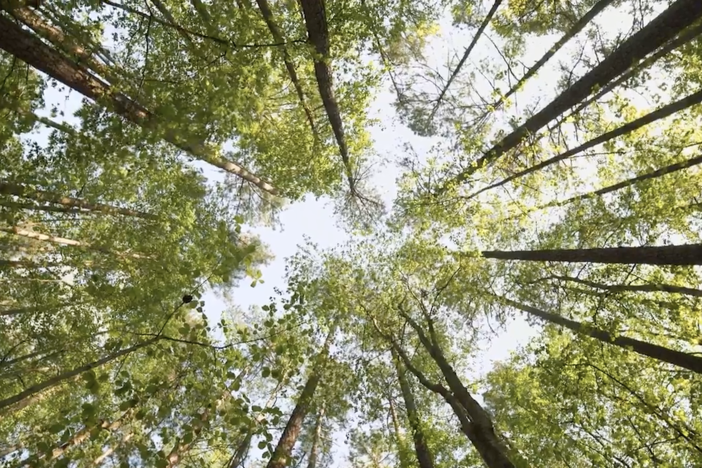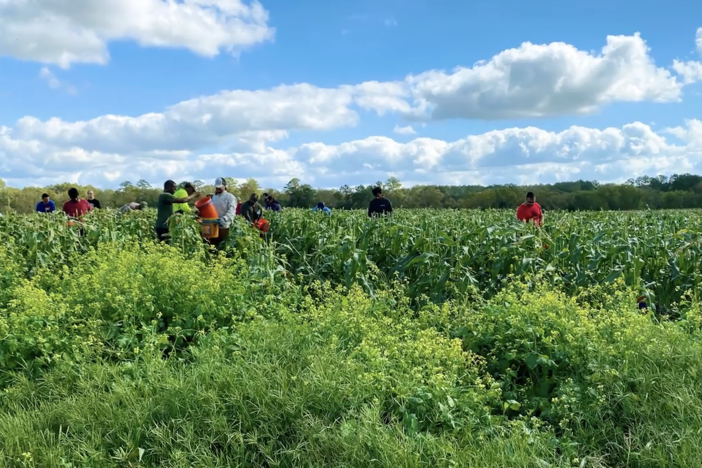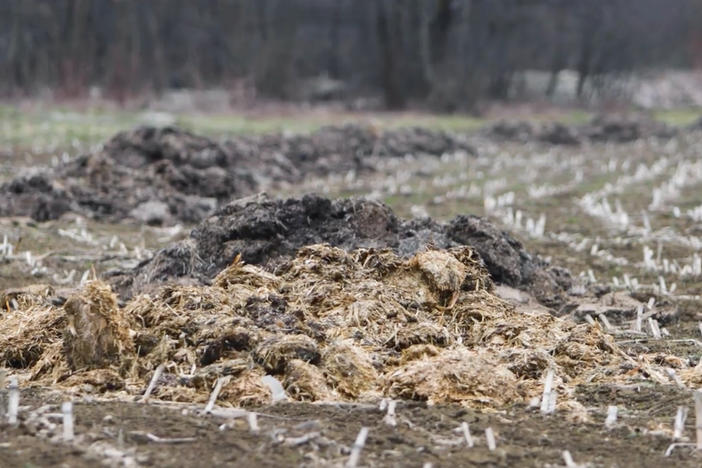Segment A: Protecting Natural Resources
Why do we refer to air, water, and sunlight as resources? Join host Cecil Washington Jr. and Atlanta food systems expert, Natasha Dyer, to find out in this Let's Go Enviro episode!
Segment A: Protecting Natural Resources
Why do we refer to air, water, and sunlight as resources? Join host Cecil Washington Jr. and Atlanta food systems expert, Natasha Dyer, as they discuss the part our resources play in sustaining modern cities.
Science
Obtain, evaluate, and communicate information to analyze human impact on natural resources.
Construct and revise a claim based on evidence on the effects of human activities on natural resources.
- Human Activities
- Agriculture
- Forestry
- Ranching
- Mining
- Urbanization
- Fishing
- Water use
- Pollution
- Desalination
- Waste water treatment
- Natural Resources
- Land
- Water
- Air
- Organisms
Explain how the increase of earth’s human population has affected natural resources.
Explain how supply and demand affect earth’s biogeochemical cycles.
Explain ways to recycle waste.
Explain how food waste impacts the environment.
compost: a mixture that consists largely of decayed organic matter and is used for fertilizing and conditioning land
conservation: the act of protecting Earth's natural resources for current and future generations
deforestation: the removal of a forest or stand of trees from land that is then converted to non-forest use
desertification: the process by which fertile land becomes desert, typically as a result of drought, deforestation, or inappropriate agriculture
emission: the production and discharge of something, especially gas or radiation
Environmental Protection Agency (EPA): United States federal government agency whose mission is to protect human and environmental health
equity: a country, or world, in which no single group or community faces disadvantages in dealing with environmental hazards, disasters, or pollution
food recovery: the practice of gleaning edible food that would otherwise go to waste from places such as farms, produce markets, grocery stores, restaurants, or dining facilities and distributing it to local emergency food programs
food waste: food that is fit for consumption but consciously discarded at the retail or consumption phases
genetically modified organism (GMO): an animal, plant, or microbe whose DNA has been altered using genetic engineering techniques
green revolution: great increase in production of food grains (especially wheat and rice) that resulted in large part from the introduction into developing countries of new, high-yielding varieties, beginning in the mid-20th century
landfill: a place to dispose of refuse and other waste material by burying it and covering it over with soil, especially as a method of filling in or extending usable land
microorganism: a microscopic organism, especially a bacterium, virus, or fungus





